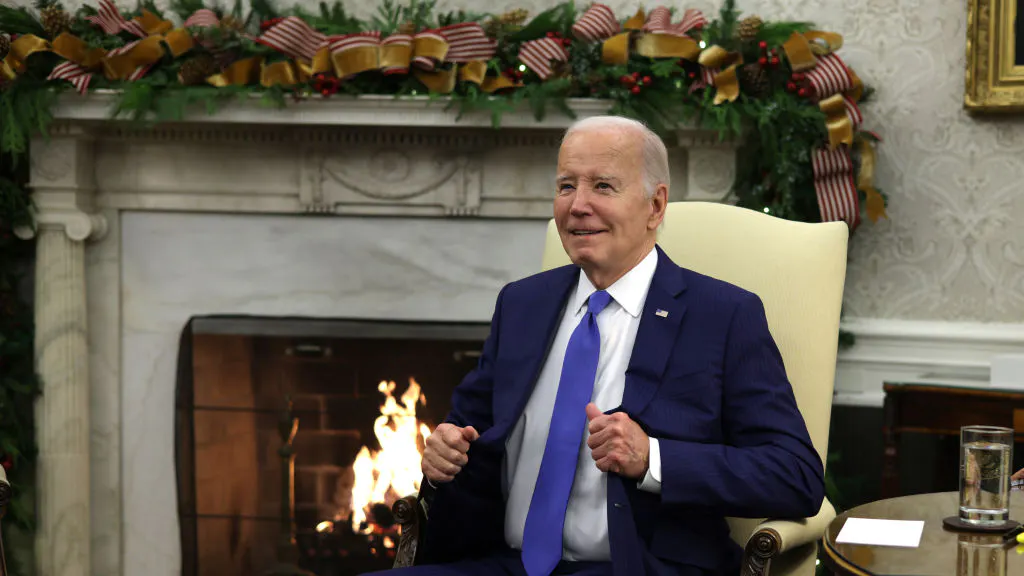The Biden administration announced that the U.S. was on track to spend more than $9 billion dollars on “climate finance” internationally in 2023, according to a report released by the State Department on Saturday.
The report, which was an update on the status of President Joe Biden’s pledge to dump billions into climate funding domestically and internationally, estimated that the U.S. would spend at least $9.5 billion on climate programs in 2023, nearly $4 billion more than the $5.8 billion spent in 2022.
Biden has aggressively pushed a so-called “transition” away from traditional energy sources during his time as president despite concerns about the cost and efficiency of new energy sources. Just months after taking office, Biden announced that the U.S. would send over $11 billion in “climate support” overseas per year by 2024.
In the report, the State Department said that the U.S. “will continue to support developing country partners as they pursue ambitious climate action. The United States has prioritized boosting international climate finance, as well as demanding that international financial institutions evolve to better enable emerging market and developing countries to respond to global challenges, including climate change.”
The report came out the same day that Vice President Kamala Harris announced the U.S. promise to spend another $3 billion in taxpayer dollars as a pledge to climate and “gender equity” funds at the Climate Change Conference (COP28) in Dubai. The administration has flown dozens of officials to Dubai for the conference at taxpayer expense.
At the conference on Monday, U.S. officials announced that the federal government would partner with the Rockefeller Foundation and the Bezos Fund to create the so-called Energy Transition Accelerator (ETA) coalition that will utilize the private sphere to push Biden’s climate agenda.
“Based on preliminary estimates, the ETA could mobilize from $72 billion to $207 billion in transition finance by 2035. The ETA is pioneering a sectoral-scale crediting approach that will incentivize participating countries to intensify their near-term activities contributing to power sector decarbonization, including to deploy and utilize clean power and retire fossil fuel assets, to enhance storage capacity, transmission, and distribution, and for any needed policy shifts,” the State Department said.
CLICK HERE TO GET THE DAILYWIRE+ APP
The Biden energy “transition” includes a push toward electric vehicles and he announced a goal to make two out of three new vehicles sold in 2032 electric.
His push has been criticized by auto dealers who say that the public is not ready for such a dramatic change.
“Mr. President, no government agency, no think tank, and no polling firm knows more about the automobile customer than us,” a group of 3,700 auto dealers told Biden last month. “Some customers are in the market for electric vehicles, and we are thrilled to sell them. But the majority of customers are simply not ready to make the change.”
The massive spending commitments come amid persistent inflation, including high gas prices, throughout Biden’s time in office.

.png)
.png)

